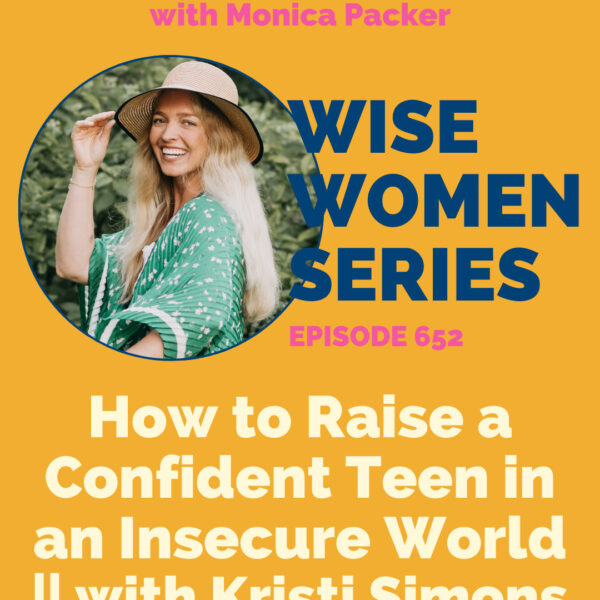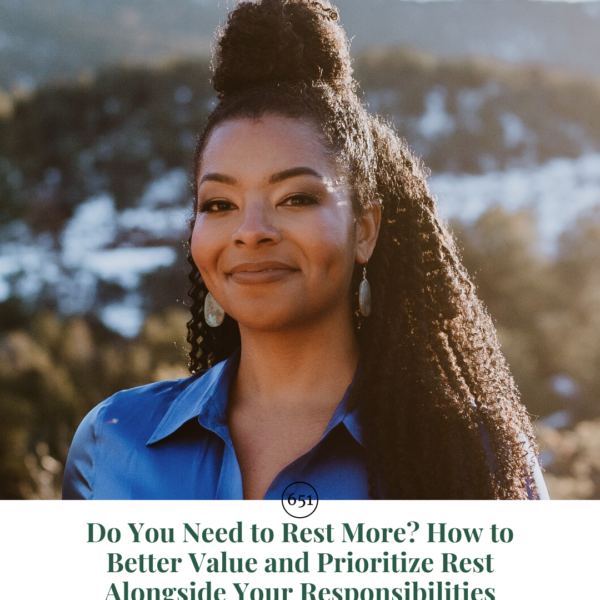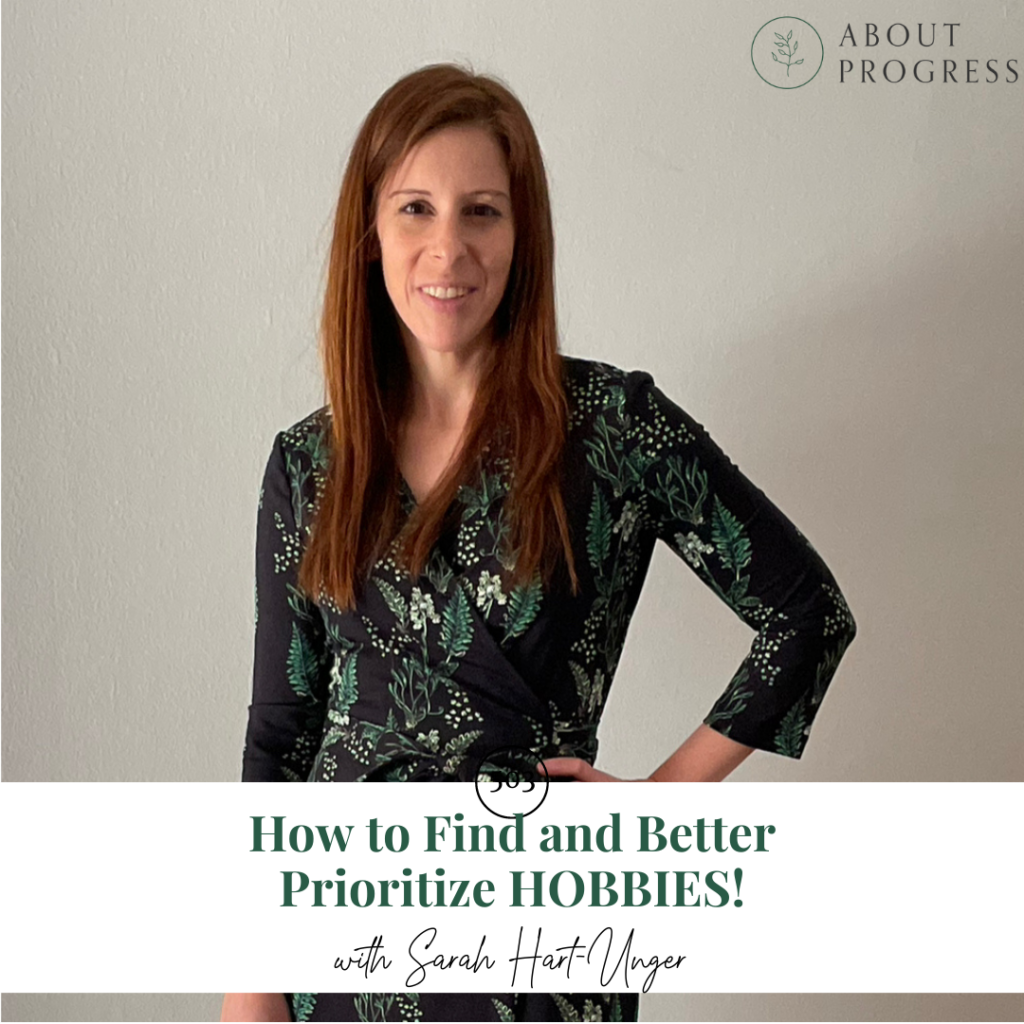
Sarah Hart-Unger is a mother of three and physician, with a passion for hobbies. She is an avid runner, and hosts two podcasts – one of which discusses all things planners. (If you think the planner-decorating-community isn’t a good time, think again!) She breaks down the importance of having a hobby, how to integrate it into your life even if you have small children, and what the time commitment of finding your hobby should be. In the end, your hobby should bring you joy, and feel fun, while fitting into the life you already lead.
In this episode I also share my journey to finding hobbies, making time for them, and how I learned that they are actually important. You don’t need to have tons of down time, you don’t need to clear your schedule, and you usually don’t even need to venture too far outside your comfort zone, to find a hobby. And for those of you that seriously have no idea where to start, I have a solution for you, too.
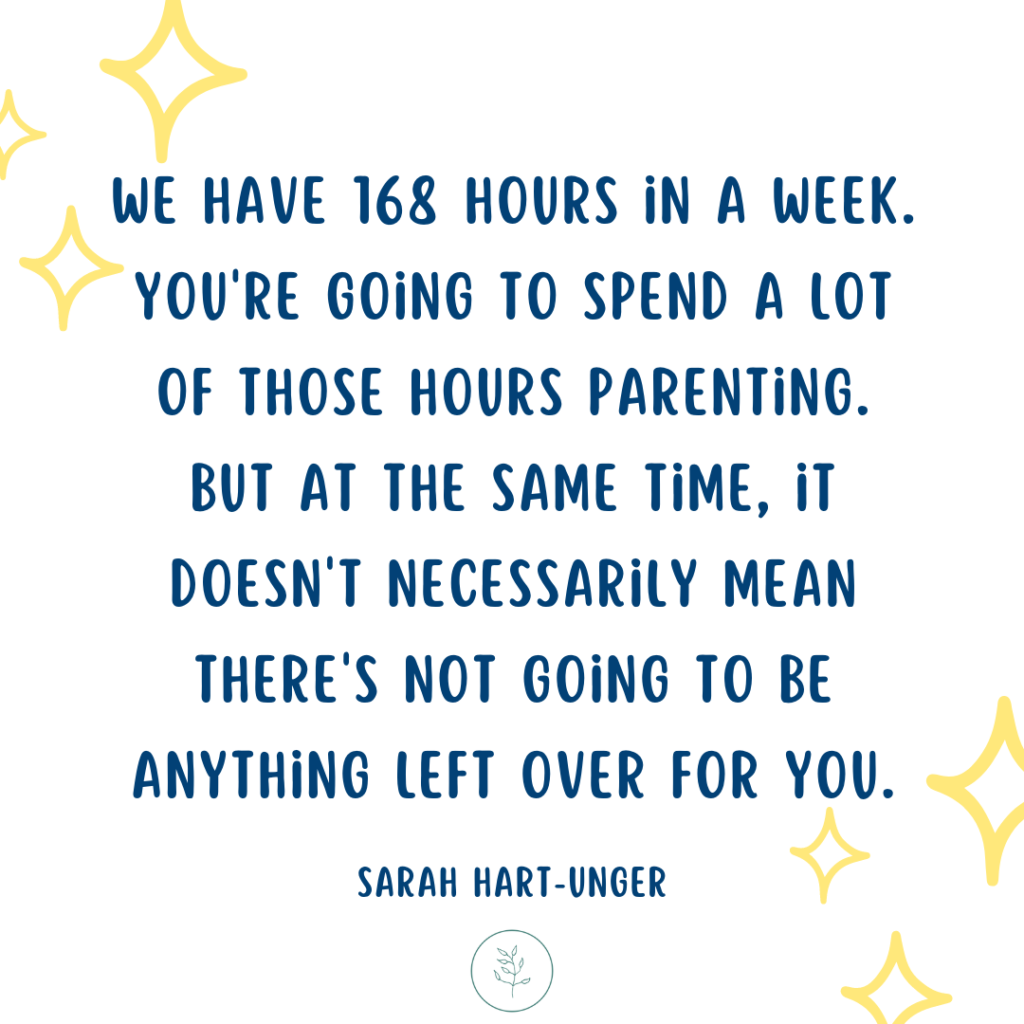
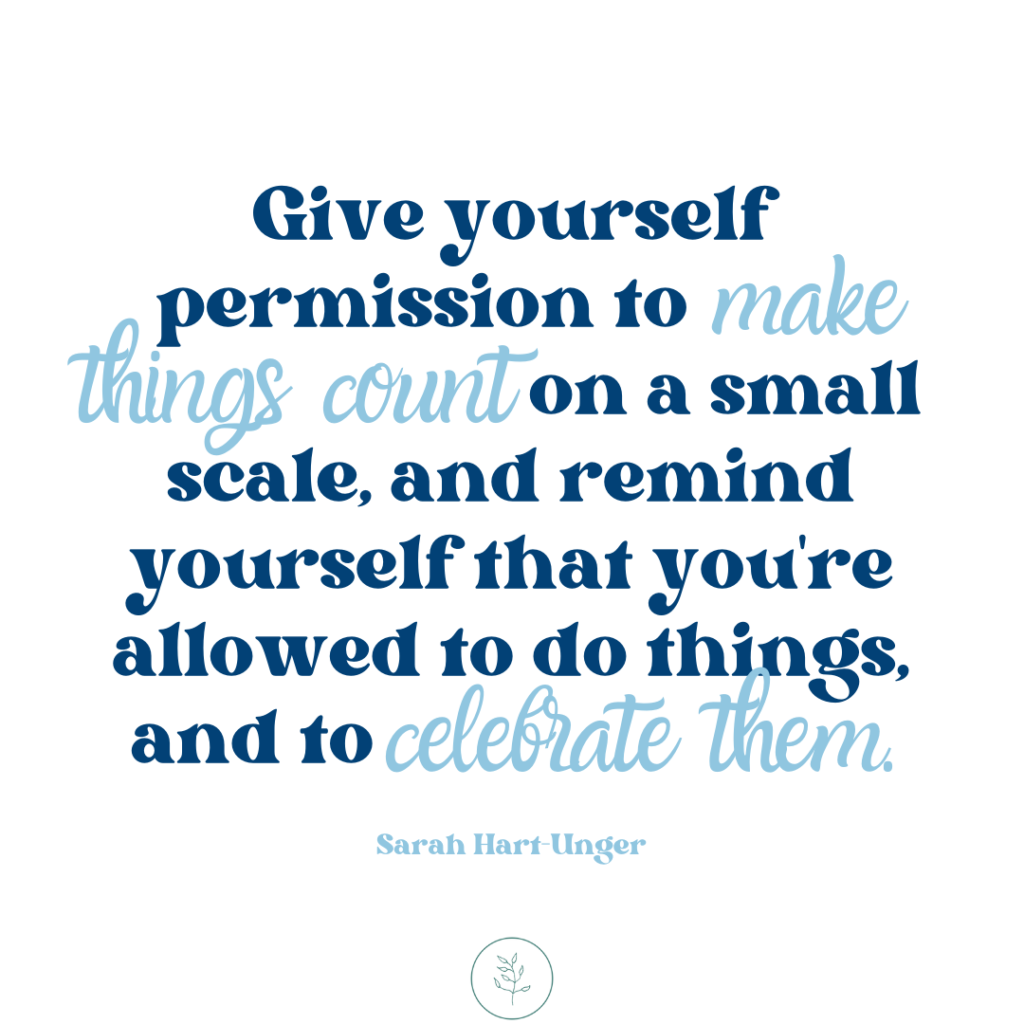
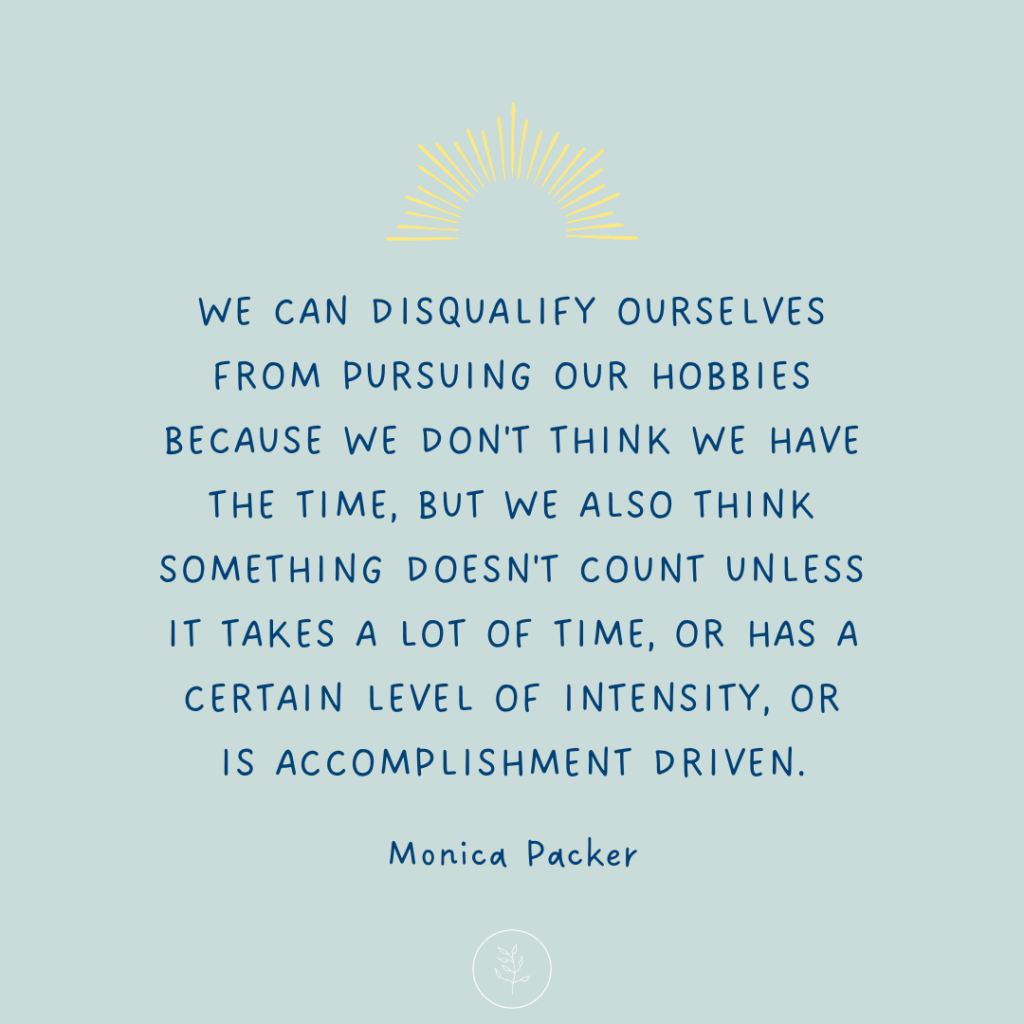
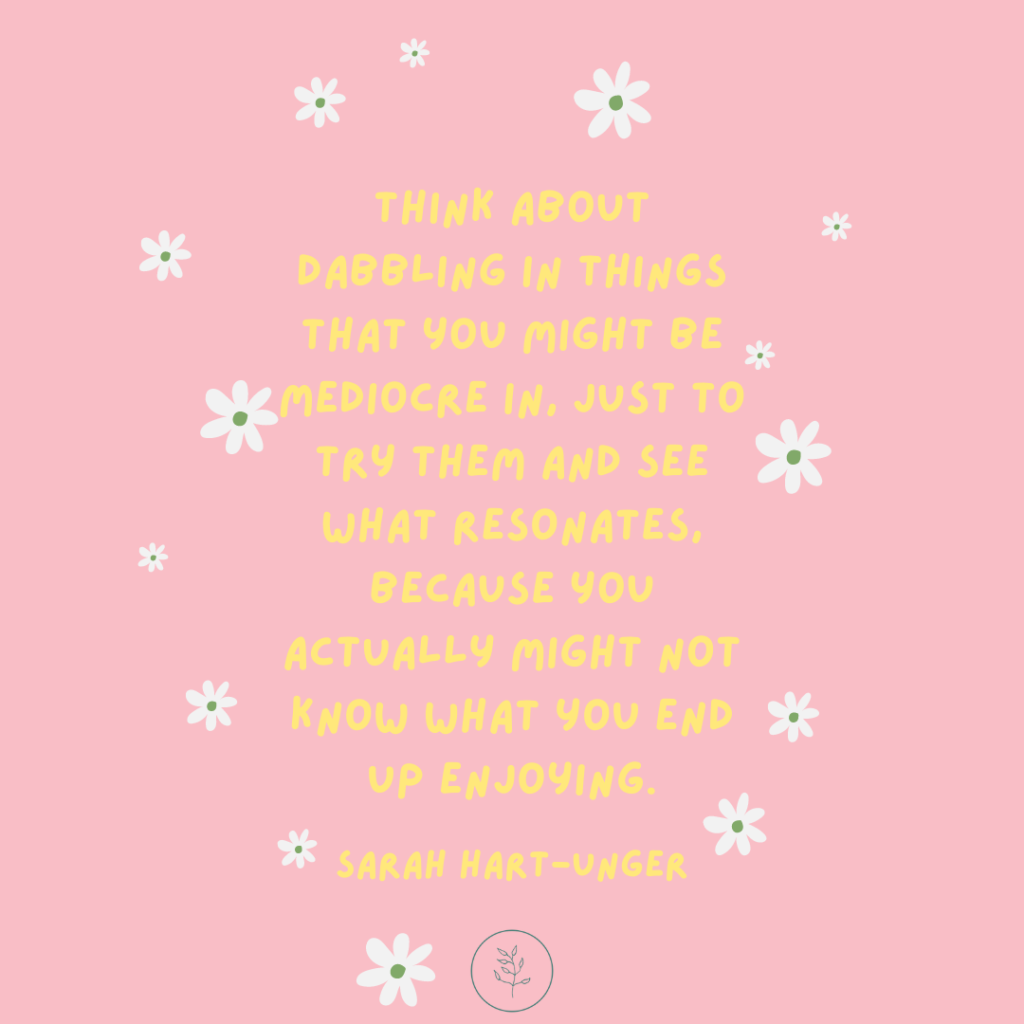
About a few other things…
Do you struggle to create habits that stick? It’s not your fault. The truth is simple: you’ve been trying to form habits using methods designed for perfect robots–not real women living real lives. It’s time to change that. If I could help you gain confidence in creating habits AND guide you to uncover the ONE supportive habit to deeply care for yourself, could you commit 21 days to learning this method? The Sticky Habit Method is a 21-day course that revolutionizes the habit-formation process. It’s real habits for real women.
Sign up for the Go Getter Newsletter to get Progress Pointers in your inbox every Tuesday.
This episode is brought to you by Hatch and HelloFresh
You can listen the episode below, or on Apple Podcasts/iTunes, Spotify, Youtube, Overcast, Stitcher, Pocketcasts, or search for “About Progress” wherever you get your podcasts. If you like the show please share it, subscribe, and leave a review!!
SHOW NOTES
Sarah’s website, Benedict Cumberbatch book
Habit Type Quiz
Values Exercise
Finding Me Academy
DSL Guide
Try me FREE Class and check out my NEW Habit Course
Leave a rating and review for the podcast!
Lend your voice and experience + be featured on the show HERE
Join Monica on Facebook and Instagram
Songs Credit: Pleasant Pictures Music Club
TRANSCRIPT
Monica: Sarah Hart- Unger, welcome to About Progress.
Sarah: Thank you so much for having me. I’m so excited to be on.
Monica: How about we start with an introduction? I don’t normally do that, but I feel like people just need to know what your life is like before we dig into the topic.
Sarah: Absolutely. So I am first and foremost a mother of three. I have an 11 year old, a nine year old, and a five-year-old. I am married, I have been for almost 17 years now. My husband’s a vascular surgeon and I’m a pediatric endocrinologist, so we’re a two doctor couple. However, I have also loved over the course of my life, writing a blog for 9 million years and now podcasting since 2017.
And so now officially, I work part-time as a physician three days a week and two days a week I do everything podcast related. And that’s pretty much me in a nutshell. I also love to run.
Monica: Oh yes. Okay, cool. And you have two podcasts, so how about you tell us what those are? Right up front.
Sarah: Yes. So I have best of both worlds, which I do co-host with Laura Vanderkam, who’s a wonderful writer about all things time management related. She is a mother of five herself, so she has lots of practice managing lots of things. And that’s been going on since 2017. And then in 2020, Being a physician during the pandemic was like rough, and I needed some outlet and I love planners.
And so I decided to start a podcast and my initial thought was it was gonna be all about planners, but then it kind of expanded to be all things planning and planning adjacent. Although I still do a lot of actual paper planner reviews on my show as well. So that’s called Best Laid Plans.
Monica: So cool. I have loved digging into both of those podcasts, and I wanted you to be on the podcast today to talk about hobbies because this is something that you have learned to prioritize in your life, and you talk about it a lot on both podcasts, just the importance of having hobbies and how to do so even with a super busy schedule and even hearing.
Where you have your, like your fingers and toes dipped in, like you, you have quite a full life. I wanna begin by first asking you how you learned this for yourself. Why did you come to this understanding that, oh, I need hobbies in my life.
Sarah: That’s so interesting. I honestly, no one’s asked me that, and I feel like. To some extent, I want to credit Laura, my podcast co-host for giving me permission in those early childhood years to be like, no, you can still do other things. Like we have 168 hours in a week. You’re gonna spend a lot of those hours parenting.
But at the same time, it doesn’t necessarily mean there’s not gonna be anything left over for you. And I will admit that when my kids were younger and in certain phases, hobbies certainly, You know, came in and outta my life, although at certain points, things that I think of as part of my job, like my blogging was even a hobby.
So I found time for those passions, even when I was quite busy. And I guess, yeah, having great role models that. Worked, had families and still enjoyed doing other things and would make note of the fact that doing those other things gave them life. You know, provided those little sparks of enjoyment that even though they love their core activities of, of parenting and working, just made everything feel like more fun and more worthwhile.
And so, yeah, that’s, that’s kind of how things got started. And I would say my biggest hobbies specifically, I mean, not that we’re gonna talk about them in detail, but currently I read a lot, not. You know, some people read hundreds of books a year. I’m not one of those, but I’m usually up in the like 40 to 50 books a year range.
I have a book club in my neighborhood, which I started and I run like, marathon train, like I’m into it. So and I do feel like yes, those have ebbed and flowed and my kids getting older has allowed me to expand on them a little bit more, but I never let go of them. And I think a lot of that is just a permission issue.
Like if we had that permission slip as parents, that it’s okay that we can hold on to at least a little sliver that we can then expand on when things become less crazy.
Monica: That’s a really good connection to what I wanted to bring up next is why women resist owning that they one, can have hobbies. Having that permission right there. And then also following through with prioritizing the hobbies. Why do you think women do that?
Sarah: Yeah, I think, I think some of it is just unfortunately cultural narrative that once we’ve chosen to expand our families, that that has to be our sole focus. And even if it’s our primary focus, I guess I would just argue that there’s still generally room for other things, even in a very small scale. And I’ll give an example.
Let’s say you have twins. I mean, then your hands are totally full and you’re not gonna have room for a ton of activity. Let’s say you’re nursing twins, but. Maybe, maybe you take the time while you’re nursing to join a book club on Patreon and you read some fun romance novels while you’re pumping and nursing and you’re still feeling like you’re doing something like that counts.
I think sometimes also, you know, we can take our kind of like survival time or like these things we’re doing goodbye and we have to reframe them as like, no, that actually is something fun I’m getting to do for myself. However small, or maybe it’s, maybe you’re not, you wanna start exercising again, and you still have young kids at home and you realize, hey, I could take them for walks in the stroller, and then maybe start adding in some jogging intervals if it’s a, you know, appropriate stroller.
And then, hey, you’ve, you’ve got a hobby too. And you’re also still caring for your child, giving them time in the sunshine. But it’s how you frame it. Were you just caring for your child and giving them sun, or were you also starting your new, you know, very slow and gradual exercise plan.
Monica: It’s interesting that those can like go both ways. We can disqualify ourselves because we don’t think we have the time, but we also think something doesn’t count unless it takes a lot of time, or it’s like a certain level of intensity or accomplishment driven. What are some thoughts on that?
Sarah: That is so valuable, and I think that is such a female, like women tended to discount what they are doing. More than men. Like men might go for that walk and then like be like, yeah, I exercised today. And then women might not even, yes, it doesn’t count cuz it wasn’t like, you know, an hour long group fitness class that they were like, you know, telling everybody about.
But that’s, that’s really, that’s really an interesting, interesting perspective. But I think. I think giving yourself permission to make things count on a small scale, and also reminding yourself that you’re allowed to do things, so to celebrate them. I mean, that’s partly why I love planners, and I even loved planners during my busiest time with my youngest kids.
The difference was I tended to want to use like a weekly planner rather than a daily, because truthfully, I couldn’t get that many things done in a day, and it felt demoralizing to look at a blank page. But if I could get that walk done and you know, watch a TV show, enjoy it while, while I’m like rocking the baby to sleep or something like that, I could note those things and like acknowledge that I had that fun.
I had those experiences and they still count.
Monica: For the women who want to better understand like what. Okay, so I’m trying to reframe, I’m trying to allow different things to qualify. I’m also like lowering the hurdle in terms of time and intensity. What is a hobby? Like? Let’s even go back to the beginning of like what the problem is. What even counts as a hobby?
What, how do we define hobby?
Sarah: Yeah, I would say it’s anything that we do for fun and enjoyment. And it can be as low brow as, you know, appreciating soap operas too, as high brow as, I don’t know. Do people do like science courses for fun or something? Yeah, I don’t know.
Monica: Yes.
Sarah: That’s not my hobby, but it’s probably someone’s, or maybe it’s a craft or maybe it’s cooking.
Maybe it’s something that even has some kind of a practical connotation, but you’re doing it a little bit beyond to the point where you’re having fun with it and then you can reconceptualize it as a hobby like many women cook for their families and that may not be so much fun, but maybe they enjoy baking a special dessert on the weekend, and that could be considered a hobby.
Monica: Fun and enjoyment. Friends like, don’t we all just want more of that? I know. I do, even in just those bite size ways, like you talked about, it doesn’t have to even be every day we have a hobby or another disqualifier, I think we do is we think a hobby has to be, be a passion. It has to be something we’re very passionate about, or it has to turn into something that we then monetize somehow.
Like it ha, or the productivity thing has to somehow be productive too.
Sarah: Yes.
Monica: like you have a productivity base, basically like a centric podcast. How do you think that sync in with why people get away from hobbies?
Sarah: Ooh. I mean, I do agree that those two things can be, should and can be separated. And in fact, I would go so far to say as my content creation on my podcast is no longer a hobby for me, it is now part of my chosen career path. And so I do think that actually when something becomes. Too much about production that not that it’s not fun anymore, it’s still actually really, really fun.
And I enjoy it, but it can’t be considered a hobby. A hobby is something you’re doing just for you. But again, acknowledging that you’re allowed to do that, even if it’s not going anywhere. And my running is a great example because I am not that good of a runner, like. I am the kind of runner who if they train really hard, I’ll be like in the middle of the pack.
You know, I, I’d love to qualify for Boston, which is not like a high Olympic type standard. And even that will be like a big challenge for me. That is purely a hobby and It does take some time away from, from family generally. A lot of that time my family is asleep again. That’s when we ramp up and ramp down because when I had young children, I couldn’t pursue that hobby to the level that I’m doing now based on, you know, what everybody needed, but.
I do think that in general, we all need to have some things that we’re doing that are not for anybody else but ourselves and our own enjoyment. And most men don’t need to be told that. I mean, that’s, you know, why there are Marvel, Marvel movies and sports games and, and golf courses everywhere,
Monica: I’m, I’m like nodding and smiling cuz of like, my husband is one of the, the rare, rare disqualified, or what’s the word?
Sarah: exceptions.
Monica: we go. My husband is a rare exception to that, but like when we have both prioritized supporting each other, having a hobby, like just like that’s the purpose is just to have fun and enjoyment.
It’s helped us both so much and it’s helped our whole family thrive more. And I wanna speak to the women who are, they’re, they’re listening. They’re like, okay, I get it and I think I’m ready. I’m ready to have more fun and enjoyment, but I don’t even know. Where to start? Like how can they discover hobbies, especially if they don’t feel like they already have any to work on or to prioritize better.
Sarah: I think this is where we have to take a lesson from Monica and start this as an experiment with no thoughts about perfection or excellence. Think about it as dabbling in things that you might be mediocre in, just to try them and see what resonates because you actually might not know. I actually know lots of runners who like never started running until they were over 40 and then they’re like, huh, this is actually really fun.
I know like bird watching is like this big thing. I think you just have to like dabble, let yourself fail, and actually whether you’re quote unquote good at something or not. Isn’t the deterministic factor as to whether that might become part of your life. It’s whether or not you’re enjoying it and whether it’s something that you are going to wanna be dedicating more of your time towards
Monica: Dabble. Dabble my friends, and they, in my community we have something called a do something list that helps us do, that helps us explore. So I’ll make sure we point people to that too. But I love how you said it. Dabble. Let’s talk about how we can work on that time obstacle. What, what words of wisdom do you have?
I, you’ve already mentioned a few things I think are great, but let’s kind of solidify it for them here who are still just like, but I don’t have the time.
Sarah: Yeah, I think you do need to cultivate an awareness of, of where your time is going. So Laura Vanderkam advocates time tracking and that is not something that I am particularly good at, nor is it something that I do on a regular basis, but I actually think it can be a very valuable tool on an intermittent basis.
I usually set a goal to try to time track for a week or two every kind of, Quarter quintile piece of the year to kind of understand what my routines look like in a given season. Because I think until you actually see on paper what’s happening with your sleep, with your chores, with, with your work, whatever you have going on, it is hard to see where those empty pockets of time are.
Most of us are gonna find something and, and again, maybe you’ll find things that you don’t. Know that you’ve realized were hobbies that actually are like, oh, on Tuesdays I have that like show that I watch with all my friends and we text each other while we’re watching it because like, we like to gossip about things on the show or something, I don’t know.
You know, whatever it is. And then you might realize, oh, like that is an activity that I do. I just hadn’t acknowledged it as such. And maybe that’s great. Maybe you don’t wanna replace it. Maybe you realize. Maybe I wanna do more of this, or whatever it is. Or you might find time that is spent doing things that you could either ask for help from somebody else, like maybe another family member.
Maybe you have a kid who is, you know, almost ready to start being able to help do some of the cooking or laundry or something like that. Or you know, I think it’s rare that you would not find any bit of time. Over the course of the week that you wouldn’t be able to dedicate to something, even if it’s small.
I mean, online courses are another really, really good thing that you can do with a very low commitment and very small bits of time.
Monica: I agree there, especially because it can help you with the exploration piece. Like we, we’ve signed up for masterclass for a couple years just because we love learning about different things, but. Masterclass in, in of itself as a, as a hobby. Even if we only do it for, I don’t know, 20 minutes here and there, sprinkled throughout a week.
But it can also help lend some ideas of things like, oh, I wanna try that, I wanna try script writing. Or, I was thinking one of the weird hobbies I had in high school, and this seems like very not in alignment with my age. I understand like this was a very immature hobby. It was Harry Potter fan fiction.
I loved reading harry Potter fan fiction and I also loved writing it. I act don’t know where that
Sarah: That’s amazing.
Monica: manuscripts are. I would probably be humiliated to read them, but hey, there’s some great examples right there. Can you share about some hobbies that you’ve seen?
You, you shared some of your own, I just shared some of my embarrassing ones from my past, but maybe I should bring those back. Maybe there should be some fan fiction in my life, and maybe I’ll do it based off of a novel I like now. Okay. What are some hobbies that you can just throw out there for women?
Let’s try to get
Sarah: What a
fun question. Yes. So well I’m gonna mention the planner community in general, cuz I actually feel like a lot of women have developed hobbies around their planners and decor and stickers and hand lettering and creating layouts. And it’s actually very fun and relaxing. So don’t knock the, the planner.
Team
hobby, that’s definitely one of them. I read a book recently I can’t remember the, a Tamara, no, I’m not gonna remember it off the top of my head, but I’ll send you a so you can link it. But it’s called this is not a book about Benedict Cumberbatch, where her entire hobby was being obsessed with and knowing everything about Benedict Cumberbatch.
So that’s
a mo.
Monica: that hobby I didn’t even know.
Sarah: Really, cause when I read the book, I didn’t even know who that was. I had to Google. I’m like, oh, he’s interesting looking. Anyway, so that could be a hobby. My sister is an avid knitter and sewer, and so obviously all of those types of crafts, any kind of sport pickleball obviously has been like a resurgence.
And the nice thing with that is you can start at any level and build from whatever. And as I mentioned, bird washing is having a moment. So download one of those apps. Take a walk outside and you have a hobby and you could do that. Easily with like multiple babies in a stroller
Monica: And I feel like let’s, let’s keep like spitballing here. I’m thinking like hiking. I’m thinking like baking, puzzles…
Sarah: people are super into puzzles these days. Definitely baking, yes. Hiking or even just like a bucket list of, of things that you wanna do in your community. Watching and like bucket list things can feel like hobbies too. Like, oh, I’m gonna watch all the Oscar nominees, or I’m gonna like, listen to all the albums of this artist and, you know, learn everything about x, y, Z band.
Monica: Those are great
Sarah: fashion.
Monica: fashion. Yeah. And Interior design. That’s, that’s one of my favorite hobbies. And you know what, it’s, it seems like it can almost like go down the track where you’re like, but I’m not doing anything. Like I’m, I just like to like look at how people design and like learn about the design process, but the more you just allow yourself to have space with it, there’s no, just there, it’s just the, it’s not a jest, it’s.
It’s giving you life. It’s filling you up. It’s making you feel like yourself.
Sarah: I’m sure you do. Plenty in the rest of your life to, and even if you don’t, we’re allowed to, we’re allowed to spend some time not doing things.
Monica: Yeah. Again, this is coming from someone who loves planners. I have to keep like reemphasizing that for people because, and, and has a super busy life. So if Sarah’s saying this to you, please believe it and let’s like, let’s just, I. This is one thing I had a guest on a few years ago. Her name is, hold on.
It’s the Kite Sisters and I, and they, they’re twins, and I’ve had both of them on my show, so I don’t remember if it was Lindsay or Lexi, but one of them said that you, you prove yourself wrong. You have to try to just prove yourself wrong. So that’s kind of my final challenge for women. I wanna hear yours too, like, let’s, my final challenge is if you do not believe that this is possible for you, could you just try and prove yourself wrong? And this is now where I’m gonna hand it back to you, Sarah. Is there one small, like we have a do something challenge we like to do at the end of each episode, and sometimes I just pull it from what the guest has said myself, or I ask the guests themselves and it’s, and it’s, we just do one small thing to get started on what we are learning about today.
What do you think that could be for the women who are listening, who are ready to find and prioritize hobbies in their lives?
Sarah: Yeah, I would pick one thing, either from the things that we mentioned or something that’s been percolating around in your head and see if you can dedicate, let’s say, 15 minutes next week to. Researching how you can fit that into your life or just trying it if it’s something that is amenable to just jumping in and trying.
Monica: Great. Love this, Sarah. This has been such a fun conversation and now I’m feeling all like energetic and ready to go and dig into some hobbies and maybe Benedict Cumberbatch fan fiction is next for me. So thank you so much for being here. For people who want to fall along with you, where would you like them to go?
Sarah: Of course. So my website is the shoebox.com. S h u are my initials, so it’s T H E S H U B O x.com. You can find links to all of my podcasts there, as well as archives of many, many years of blog posts. Yeah, so that’s the easiest place to start. I have a newsletter. Connect with me any way you’d like.
Monica: Fantastic. Really appreciate and love this time with you. Thanks again.
Sarah: Thank you so much for having me on.

